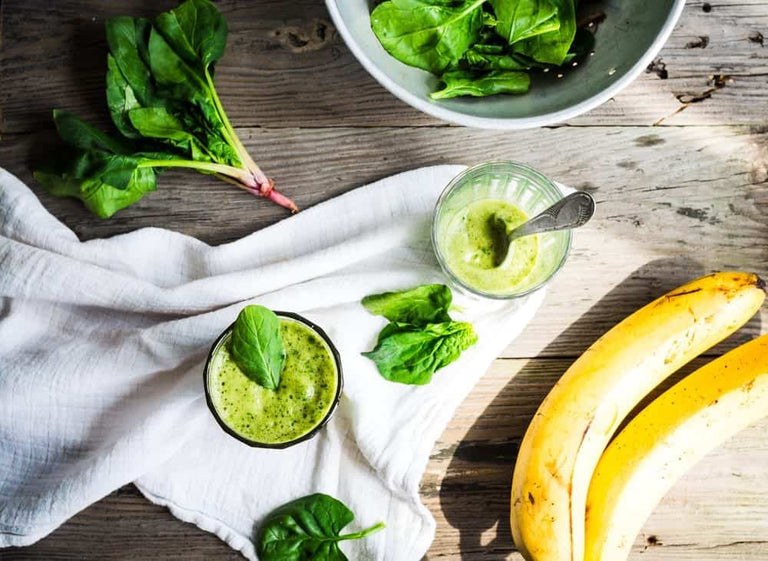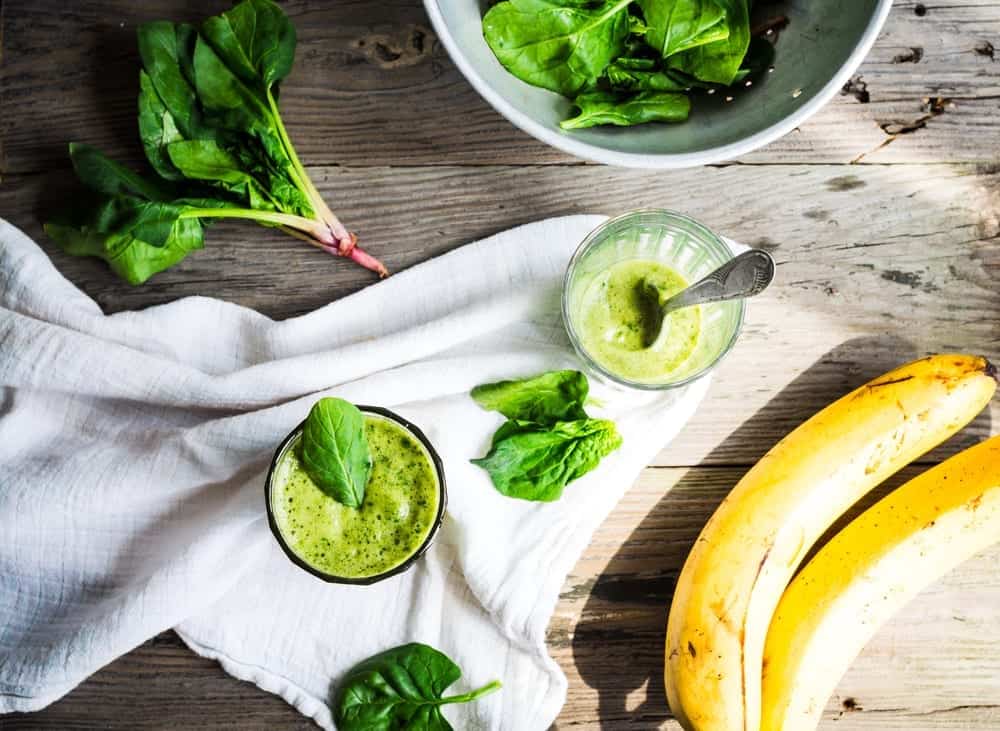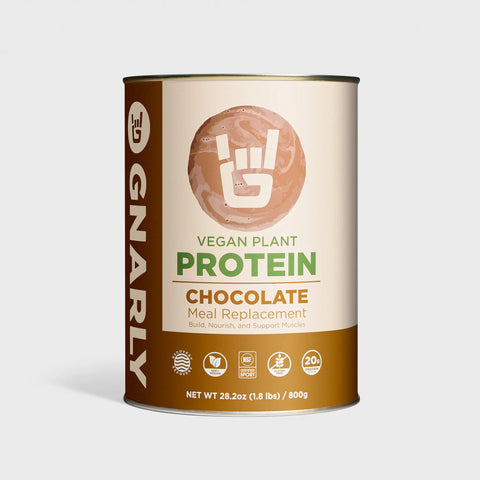Protein – one of the three macronutrients – is incredibly important to your overall health, which explains why they are sometimes called the building blocks of life. Even the word, protein, comes from a Greek word that means “first” or “primary.” Specifically, protein is a carrier for amino acids which, in turn, make up literally every cell in your body. Amino acids also help to regulate your metabolism and hormone levels, as well. For athletes, protein can help your muscles to recover after workouts and encourage the adaptations that cause you to get stronger.
Clearly, then, there’s a good reason for protein to get all of this attention. But there are various sources of protein – usually divided into either animal or plant-based categories – that can make the whole thing confusing. What are the differences? Does one have any advantage over the other?
Animal vs Plant
It should be noted right away that here we will be specifically discussing the proteins contained in plant and animal-based foods, not the entire food. Really, then, this is of special interest to those people out there who use protein supplements – a large number of athletes and regular exercisers.
Now that that little disclaimer is out of the way – What should you know about these two groups of proteins? As mentioned in the outset, proteins are made up of amino acids. But not all proteins contain every amino acid that we need. Animal proteins, however, will typically have a more complete amino acid profile than their plant-based competitors
But that doesn’t automatically make plant proteins less valuable. The simple solution is to combine multiple, complementary plant sources together so that every amino acid is present. It’s also worth considering the results of a 2005 study that looked directly at the benefits of plant protein sources. It was found that, in general, plants contain higher concentrations of the amino acids arginine, glycine, alanine and serine which have all been shown to lower the risk of cardiovascular disease and certain types of cancer.
There’s also the obvious benefit that plant protein has over animal: It’s made from plants. For the vegan athletes out there, this is a big plus. Since animal-based proteins are sourced from milk, this may also cause some problems for those with certain allergies or lactose intolerance. Again, plant protein provides the solution.
Gnarly Vegan Feast
For those interested in avoiding animal protein – whether it’s for moral reasons, health concerns or both – Gnarly offers Vegan Feast. More than just a protein supplement, Vegan Feast is a complete meal replacement that contains everything you need to make a quick recovery from your workouts while avoiding animal products. The protein sources used – pea, chia seed and cranberry seed – offer a complete amino acid profile that is easy to digest and delicious.
The chosen protein sources are also low in heavy metals – which were recently found in rice proteins in dangerously high levels. Along with the protein, Feast is designed to give you plenty of fiber, omega 3 fatty acids and healthful trace minerals. To learn more about Gnarly Vegan Feast, visit the product page.




